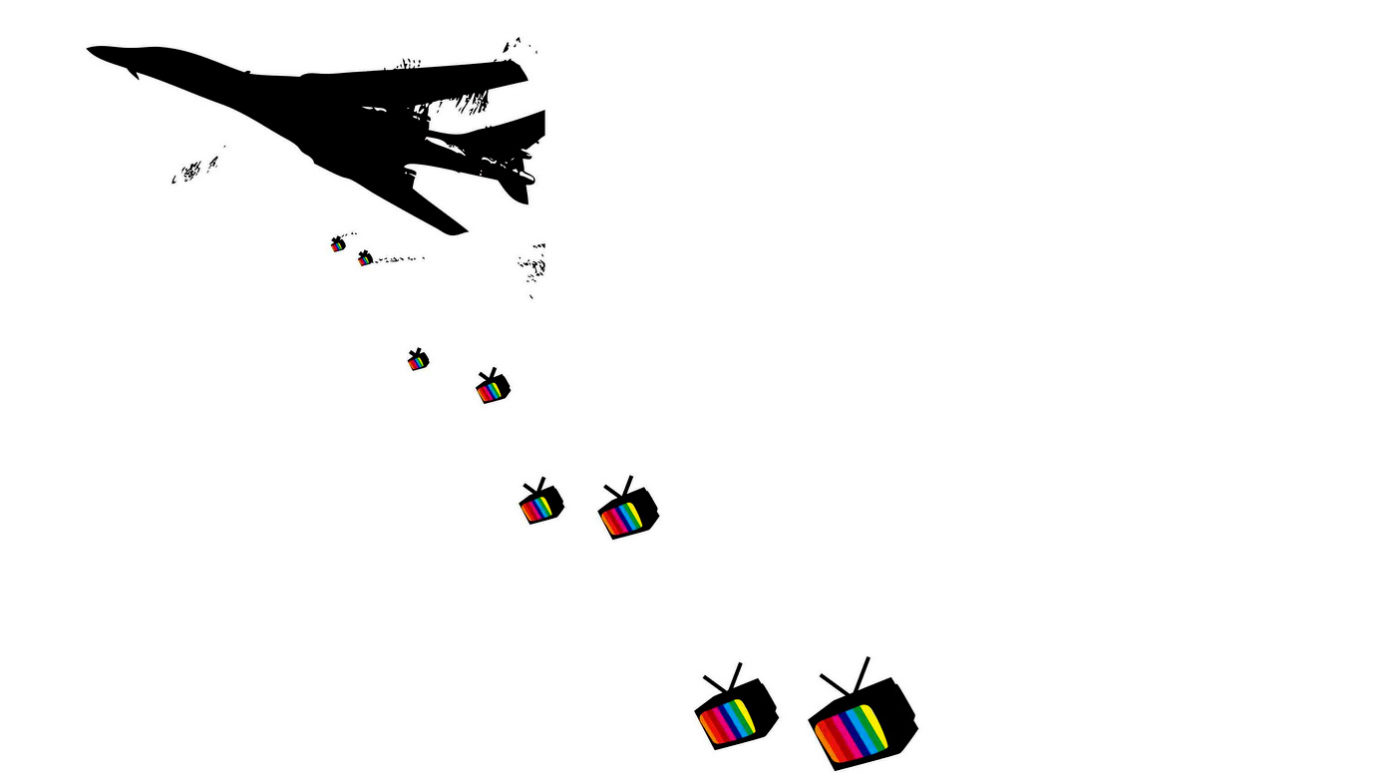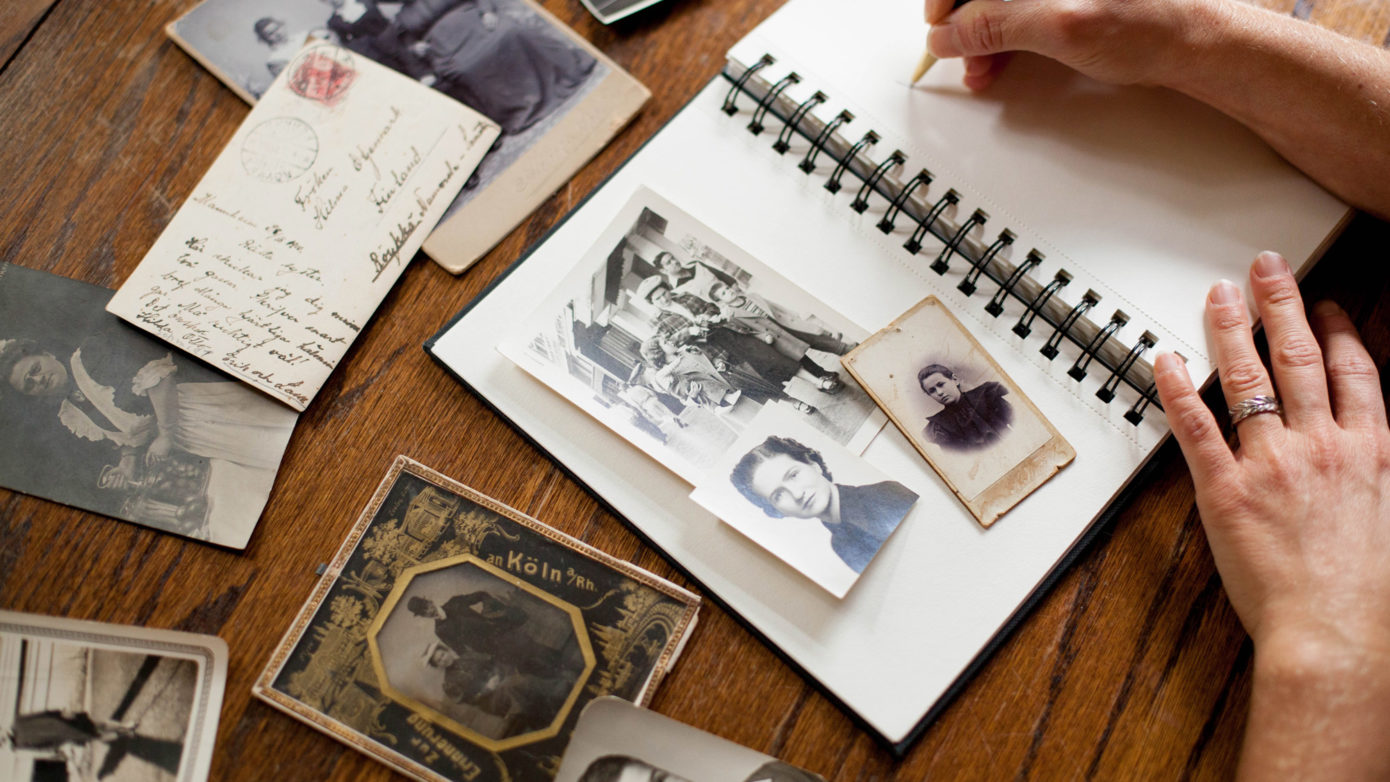The Great Media War is underway and we are their front line.
In the James Bond movie “Tomorrow Never Dies”, media giant Elliot Carver is attempting to take over the world through media (successfully I might add). Watching this back in 1997 I thought it was entertaining but found it hard to believe that anything like that could ever happen. I will also admit I never thought of the true implications that the filmmakers were making.
I’ve always considered myself open to listening to objective opinions. Especially more in recent years. I hear about a problem, I listen to the person telling me about the problem and then I seek out additional opinions or solutions and try to objectively come up with my own opinion.
Listening to (NPR) National Public Radio, Fox News and the BBC, it is becoming increasingly clear that there are no longer any objective opinions out there. Very few people are flat out stating the true facts of the world. I encourage you to stop and take a moment to listen to them. Not just your favorite news media, but all the other ones too. If you really stop and listen to what specific stories the outlets are choosing to tell you, whose opinions they are choosing to share and the tone of the reporter’s voice, it becomes quite clear – the leading that is going on. When you listen to them, does what they are saying rapidly anger you or irritate you? This is exactly what they are counting on.
This morning I tuned into NPR and listened to them talk about D-Day’s 75th anniversary (which was the one thing I was glad to hear about) as well as President Trump’s proposed tariffs on Mexico. To listen to the reporters on NPR, they make it sound like the tariffs are a done deal and President Trump will be meeting with Mexico officials in D.C. to hopefully come to a resolution. Trying to decipher the truth, reading various outlets and trying to piece it all together I have found that the tariff threat at the moment is just that – a threat. To listen to Fox News the reporters are all talking about the “crisis” on the southern border. Their voices are quickened and panicked (nearly all of them). Just listening to them gets you feeling nervous.
The Real Point
My point here isn’t whether the Mexico tariffs or even immigration are indeed real threats. My point is the danger of the media itself as well as the lack of available non-opinionated facts to the public. We are living in a time when people are no longer making objective opinions based on educating themselves in the world around them. Instead, society is making ‘drop of the hat’ impulsive opinions based on a thirty second (or 280 character) blip of information. The more emotional the person stating the opinion can be on the news, in the tweet or on a Facebook post, the more they will sway public opinion. If they can even throw in some people that are in dire circumstances (and let’s face it – all over the world media can find someone in dire circumstances somewhere and convince the public that it’s related to their story), then they can garner strong opinions.
What I am most concerned with is our future as a community, a nation and ultimately a world society. How can we as a people, raise our children to come to their own opinions and objectively look at the world around them so that they can improve it? How can we encourage them to see out the real facts when they are so slyly hidden or camouflaged by those with money and power (and I’m talking about the media here, not specifically politicians)?
What can we do?
I think the most critical thing to do is to ensure that our children do not blindly follow any opinions. As parents, we need to encourage our children to listen to liberal views, conservative views, centrist views, and then read historical precedent on the issues at hand before they arrive at their own conclusion. We need to ensure that our children are reading, processing and reading again, as much as they possibly can. Because, if you look at all the opinions, the facts and compare them all together – the truth is hidden in there. It’s hidden in between the words and the emotions that are being blasted out at us 24 hours a day, 7 days a week. It’s buried under emotional outbursts and dramatic photos and videos and skewed facts. The Great Media War is underway and we are their front line. We just need to make sure that our children are well trained to see around it all.



